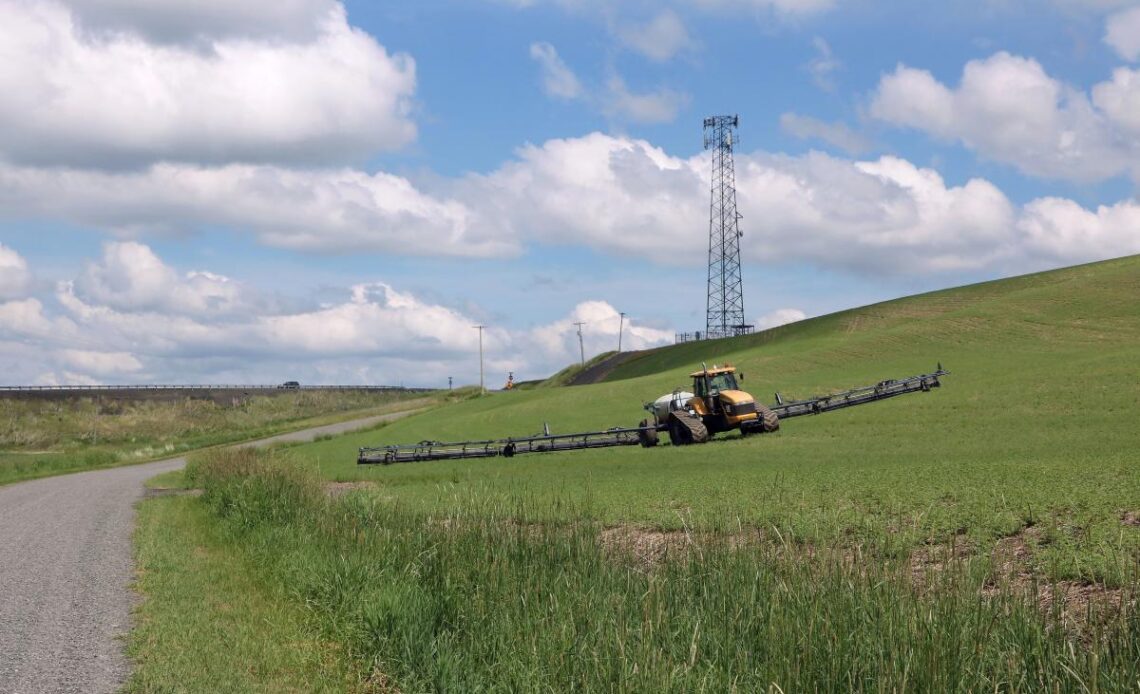The US presidential election is in its final stretch. Before election day on November 5, Engadget is looking at where the candidates, Kamala Harris and Donald Trump, stand on the most consequential tech issues of our day.
Broadband access in poorer and more rural communities has been a major campaign issue since 2008. Bridging the digital divide was a key component of Barack Obama’s platform. And, while far from perfect, his administration did a lot of work to grow the nation’s fiber-optic infrastructure, free up wireless spectrum and expand access to subsidies for low-income families. While successive administrations have promised to continue the work of bringing high-speed internet to the most underserved communities, the results have been disappointing. Both Kamala Harris and Donald Trump have pledged to get Americans online, but political realities will make that goal difficult.
Kamala Harris
During the Biden administration, Harris has acted as a sort of unofficial broadband czar (similar to her other unofficial titles of AI czar and border czar). This means she is deeply involved with and expected to carry forward the current administration’s policies. That could give her a chance to salvage some sort of positive legacy from what is currently a rather spotty track record for Biden on broadband.
Under President Biden, the White House secured roughly $90 billion to close the digital divide, $42.5 billion of that specifically for BEAD, the Broadband Equity, Access and Deployment program. This gives states money to fund the planning and buildout of broadband infrastructure, whether that be running new fiber to rural areas, installing Wi-Fi in low-income apartment complexes or training workers for new careers in telecommunications. Unfortunately, BEAD has been hampered by numerous delays, and very little of the money has actually been doled out. Virginia only received initial approval for access to $1.48 billion in funding in late July, despite having been first to file a request in September of 2023.
There is plenty of blame to go around for the slow and messy rollout of BEAD, but conservatives have been able to successfully turn it into a weapon against Harris. Stringent requirements around environmental impact, labor practices and affordable access have made BEAD an easy target for Republicans who see regulation and bureaucracy as the enemy of freedom and economic growth.
The NTIA (National Telecommunications and Information Administration), which…

